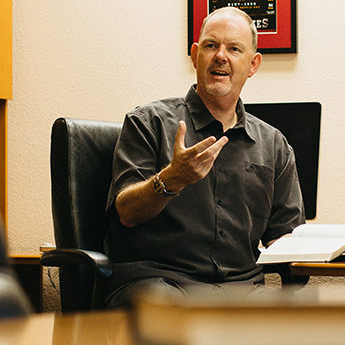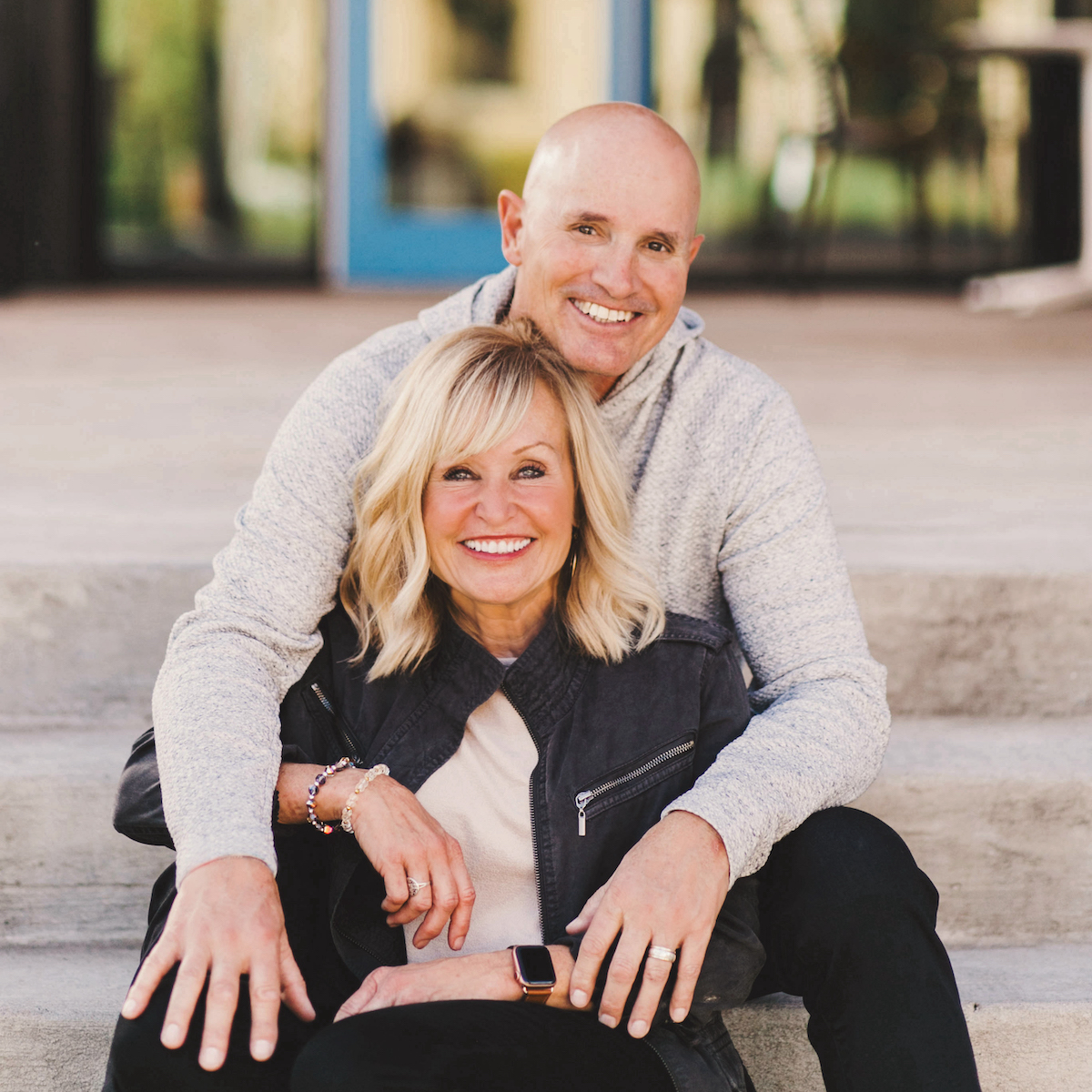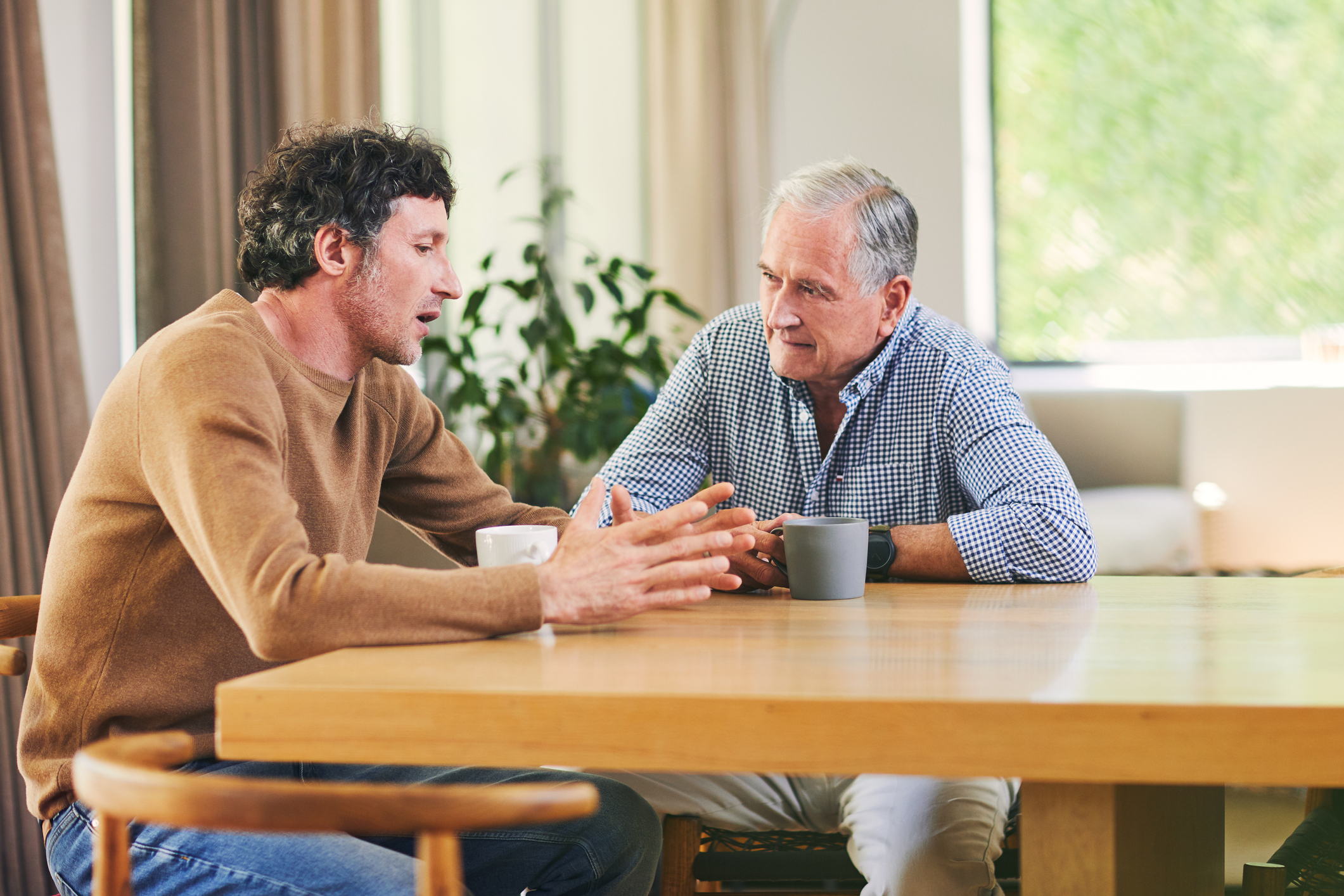Do you have someone in your life who offers this type of support and listening ear? If you do, consider yourself blessed. You know an empathetic person. And they make great friends, family members and co-workers.
Empathy is basically putting yourself in someone else’s shoes. You can have affective empathy in which you feel or share someone’s emotions. Or you can have cognitive empathy in which you understand another person’s perspective and how they think. Both types allow you to see life from another person’s perspective and share in their experiences.
Here is the good news. Empathy is a trait or skill that can be learned. We learn it best through exposure to the needs and struggles of people around us. When this type of exposure happens, your brain actives towards compassion.
If you want to become more empathetic, here are seven ways to begin:
- Be curious about people you don’t know. Get to know new people. Ask questions about their life and experiences. Share your feelings and open up. Not only will you satisfy your curiosity, but you will feel less lonely.
- Expose yourself to the needs of others. Exposure will activate parts of your brain needed to build empathy. It is one way to get a better idea of the challenges other people face.
- Listen to people with whom you don’t agree. Don’t always talk to your own familiar group. Rather, talk to those different from you and hear other perspectives. Be open to differing views.
- Don’t be judgmental and truly listen to others and their stories. All people should be able to express their views without fear of retaliation. While I try not to take sides on political issues, I am horrified by the lack of civility, shouting people down, and attacking those who dare to disagree with the narratives being pushed. This is a lack of empathy and is bullying.
- Go beyond listening to understanding. Hear a person out before you dismiss them or their ideas. Ask questions, get clarification and seek the truth.
- Find commonalities with others. It is easy to focus on our disagreements, but what if we focused on our agreements? This allows us to get to know people we might rebuff. Find the things you have in common with another person and build on that.
- Practice comforting others. Get focused on the needs of others. You will feel better when life is more about helping those around you. Acknowledge another person’s pain, share how you feel by saying something like, “I don’t know what to say” or “I am glad you told me.” Then be encouraging and supportive. Offer hope and your presence.
Empathy is a skill we all need to improve our relationships. It encourages kindness, altruistic behavior and strengthens relationships. We all want to be heard and understood by others.









